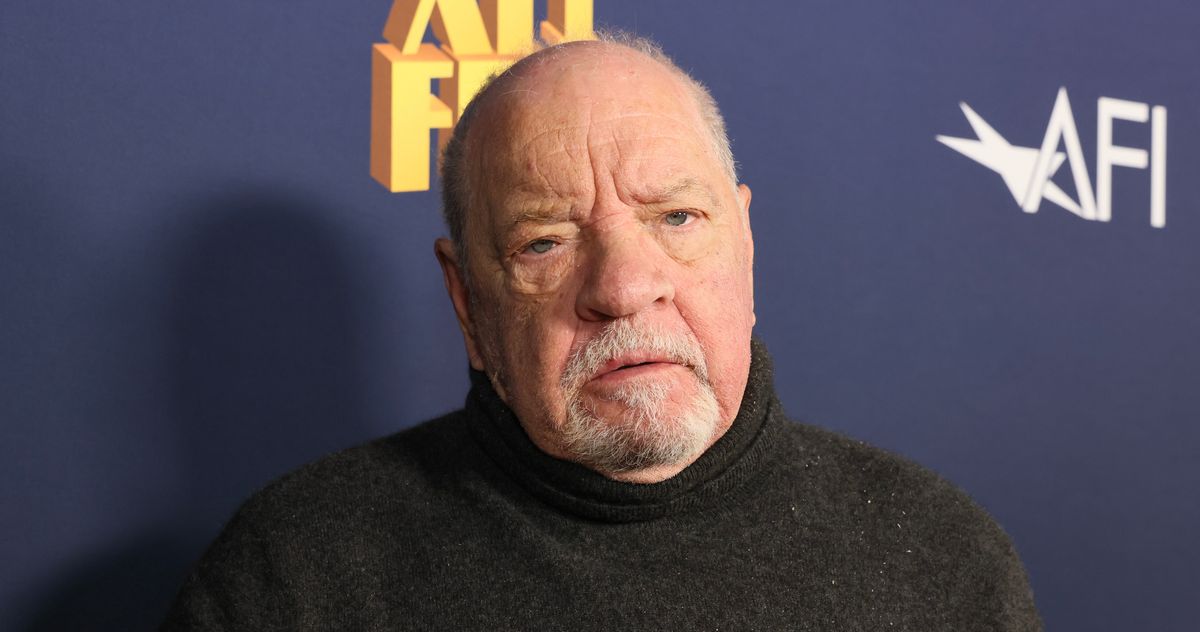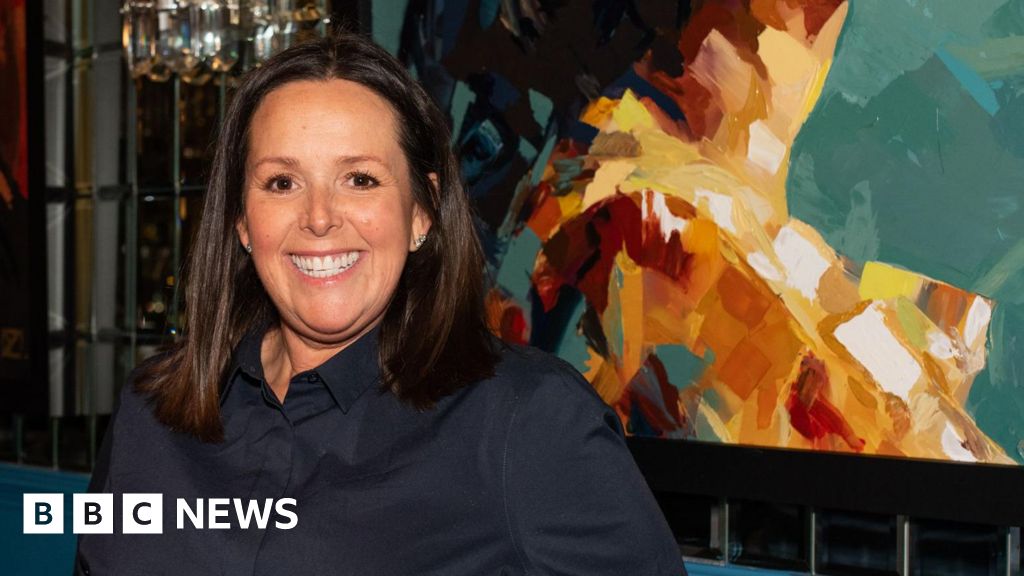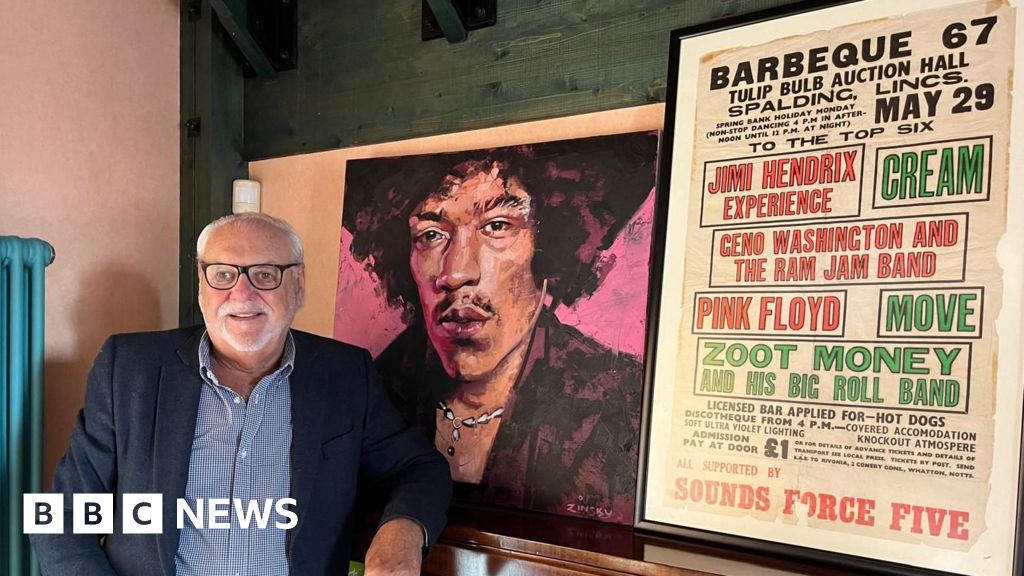Filmmaker Paul Schrader Faces Lawsuit Over Allegations of Sexual Assault and Harassment

In a troubling turn of events, acclaimed screenwriter Paul Schrader, known for his work on iconic films such as Taxi Driver and American Gigolo, has been accused of sexual assault and harassment by a former personal assistant. The allegations have emerged in a civil lawsuit filed in New York State Supreme Court on Thursday, with the plaintiff identified as a 26-year-old woman referred to as Jane Doe. This high-profile case has garnered significant attention given Schrader's stature in the film industry and the serious nature of the claims against him.
The lawsuit details a series of disturbing incidents, asserting that the 78-year-old filmmaker created a “sexually hostile, intimidating, and humiliating environment” during the course of Doe’s employment from 2021 until 2024. According to the complaint, Schrader subjected her to “near-constant inappropriate sexual questions and lewd and misogynistic commentary,” which contributed to an oppressive work atmosphere.
One of the most alarming allegations points to an incident during the Cannes Film Festival last year, where Doe claims Schrader lured her into a hotel room and forcibly grabbed and kissed her despite her protests. This encounter, which took place while Schrader was promoting his film Oh, Canada, is described as a pivotal moment that highlighted the filmmaker's alleged predatory behavior.
Doe further recounts an unsettling episode that occurred three days later, where Schrader allegedly opened the door to his hotel room fully exposed, wearing only a bathrobe. The lawsuit claims he made inappropriate comments while she was packing his bags, adding to her discomfort. In her statement, Doe describes her fear and discomfort during these encounters, which she characterizes as both traumatic and dehumanizing.
In a troubling development, Doe's legal team claims that Schrader himself acknowledged the inappropriateness of his conduct in emails sent to her. In one such message from May 2023, he reportedly remarked, “I sense you are uncomfortable with my affection for you.” In another email sent a year later, he noted, “I sense you recoil every time I have the impulse to touch you.” These admissions could potentially undermine Schrader's defense, as they suggest an awareness of the impact of his actions.
Doe alleges that she was fired in September 2024 as retaliation for rejecting Schrader's sexual advances. Following her termination, she claims that Schrader admitted to having “fucked up” and acknowledged that if she perceived him as a “Harvey Weinstein,” she had every right to distance herself.
The lawsuit also raises concerns about a settlement agreement that Doe claims was reached between the parties after negotiations led by their respective attorneys. Despite an agreement on the terms, Schrader is said to have delayed signing the settlement, later expressing a moral dilemma about following through with the payment. This change of heart is what led Doe to file her lawsuit to seek enforcement of the agreement that she believes would resolve her claims.
Menaka Fernando, an attorney representing Doe, has stated, “Ms. Doe is simply seeking to enforce the settlement agreement between the parties resolving her sexual harassment and sexual assault claims.” While she has chosen to remain private about the matter, her legal team is determined to pursue justice in light of the allegations that have come to light.
On the other hand, Schrader's attorney, Philip Kessler, has strongly denied all allegations made against his client. In a statement to the media, Kessler described the claims as a “desperate, opportunistic and frivolous lawsuit” aimed at coercing Schrader into a settlement. He emphasized that Schrader never engaged in any sexual conduct with Doe nor attempted to do so, insisting that the claims are materially inaccurate and exaggerated. Kessler's remarks suggest a staunch defense strategy as they prepare to contest the lawsuit in court.
This case not only raises important questions about workplace behavior within the film industry but also highlights broader issues of sexual harassment and power dynamics in Hollywood. As the legal proceedings unfold, both parties will likely face intense scrutiny, and the outcome may have significant implications for all involved.



























